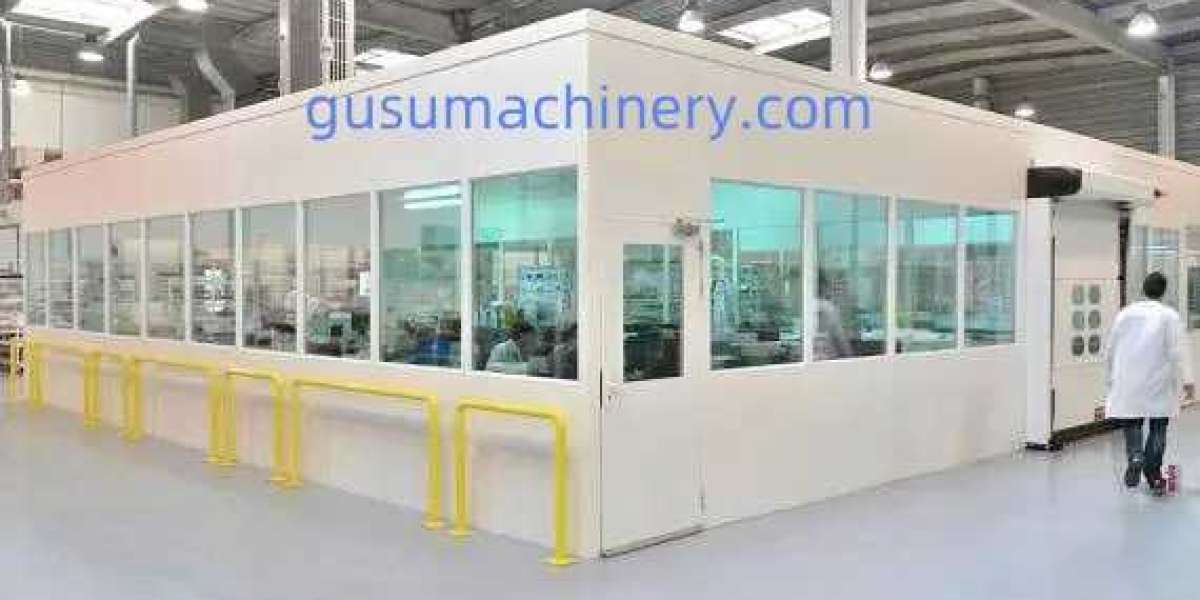Introduction
The Distributed Control System (DCS) Market plays a critical role in modern industrial automation and process control. DCS technology allows centralized monitoring and decentralized control of complex industrial processes, enhancing operational efficiency, reliability, and safety. Industries such as oil and gas, power generation, chemical, pharmaceuticals, and water treatment increasingly rely on DCS solutions to streamline operations, reduce downtime, and improve overall productivity. The market is witnessing substantial growth due to rising industrial automation, increasing demand for real-time monitoring, and the need for energy-efficient, integrated control systems across various sectors globally.
Understanding the Market
DCS systems are categorized by component type, application, and industry. Components include controllers, human-machine interfaces (HMI), field devices, and software platforms. Applications range from process automation, manufacturing, and energy management to monitoring and control of critical infrastructure. The market serves a broad spectrum of industries, including oil and gas, power, chemical processing, food and beverages, and water utilities. Geographically, North America and Europe lead the market due to early adoption of industrial automation and stringent regulatory standards, while Asia-Pacific is experiencing rapid growth driven by industrial expansion, urbanization, and increased automation investments.
Technological Innovations
Technological advancements are a key driver of the DCS market. Modern DCS platforms incorporate advanced analytics, artificial intelligence (AI), and machine learning (ML) to optimize process efficiency, predict equipment failures, and reduce operational costs. Integration with Industrial Internet of Things (IIoT) enables real-time data collection, remote monitoring, and predictive maintenance. Enhanced cybersecurity protocols protect critical industrial networks from cyber threats, while cloud-based DCS solutions offer scalability and cost-effectiveness. Furthermore, innovations in modular and flexible control architectures allow for easy customization, system expansion, and integration with existing plant infrastructure, supporting the evolving needs of industrial operators.
Market Growth and Future Outlook
The DCS market is poised for significant growth as industries prioritize automation, efficiency, and safety. Increasing demand for smart manufacturing, digitalization, and connected industrial systems is driving adoption across key sectors. Power plants and chemical processing units are upgrading legacy control systems to modern DCS platforms, enhancing performance and operational reliability. Future growth is expected to be fueled by emerging economies investing in industrial infrastructure, coupled with technological advancements in AI, IIoT, and cloud-based control solutions. Additionally, environmental regulations and the need for energy optimization further support market expansion.
Challenges and Opportunities
Despite growth prospects, the DCS market faces challenges such as high initial capital expenditure, system complexity, and the need for skilled personnel to manage and maintain advanced systems. Interoperability issues with legacy systems and concerns over data security can also pose barriers to adoption. However, opportunities exist in developing small-scale, modular DCS solutions suitable for mid-sized industrial plants. Integration with IIoT and AI-driven analytics presents significant potential for improving operational efficiency, predictive maintenance, and energy management. Additionally, increasing automation in emerging markets, coupled with supportive government policies and industrial digitization initiatives, offers further growth avenues.
Conclusion
The Distributed Control System Market is witnessing robust growth driven by industrial automation, technological innovation, and the increasing need for efficient, reliable, and secure process control systems. Advancements in IIoT, AI, and cloud integration are transforming the landscape of DCS solutions, enabling real-time monitoring, predictive maintenance, and enhanced operational efficiency. With opportunities in emerging markets, modular system development, and smart manufacturing initiatives, DCS technology is poised to remain a cornerstone of industrial process automation and digital transformation.






